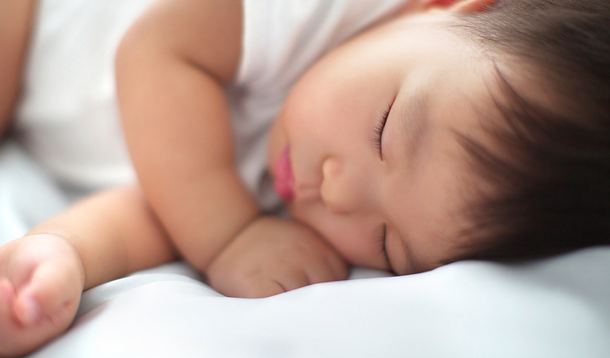
Self-soothing. You’ve read every article you can on it and your head is swimming with the difference of opinions. Most sleep experts will tell you that your child needs to learn how to self-soothe in order to fall asleep on their own. Those who are opposed to sleep training will tell you that self-soothing doesn’t exist and all you are teaching your child is that you have abandoned them.
Well, what if I asked you to forget trying teaching your child to self-soothe? Let’s forget that term all together because at the end of the day you aren’t teaching your child to self soothe. Instead you are showing them that they are capable of falling asleep on their own.
Capability. THAT is the amazing skill for your child to learn.
They show us the signs, and sometimes pretty early on, but often we mix them up and confuse them. Your little one may suck on their hands or fingers and we automatically assume these are hunger cues, they grimace and groan and we think it’s because they need us to pick them up and help them settle, but that’s not always the case. These are also signs that they are learning to self regulate and soothe.
So what about those who say by letting our little ones figure it out we are abandoning them. They aren’t learning that they are capable; they are just falling asleep after giving up on us.
This is saying that parents who sleep train aren’t responding emotionally or physically to their child…like…ever. We know this is simply not true. Sleep training for a few nights cannot be lumped in with emotionally and physically neglecting your child 24/7. Sleep training is not toxic stress. Please let me repeat that. Sleep training DOES NOT induce a toxic stress response from your child.
Harvard University’s Center on the Developing Child explains that toxic stress can occur when a child experiences strong, frequent, and/or prolonged adversity—such as physical or emotional abuse, chronic neglect, caregiver substance abuse or mental illness, exposure to violence, and/or the accumulated burdens of family economic hardship—without adequate adult support. This kind of prolonged activation of the stress response systems can disrupt the development of brain architecture and other organ systems, and increase the risk for stress-related disease and cognitive impairment, well into the adult years.
Is this what happens when we are teaching our babies and children that they are capable? When we are surrounding them in love and support but still providing them with lessons and frustrations so that they can learn? When the science of sleep is taught and understood, and we are working with all the ingredients of the sleep-training recipe, we can eliminate much unnecessary crying and anxiety. Our goal is to work with our baby’s basic biological needs and body clock and give everyone the gift of sleep. How a child is raised has just as much if not more to do with their overall well-being then where they slept or how they fell asleep. We can’t forget that.
Stop teaching your child to self-soothe.
Teach them that they are capable.
They can do it themselves. They can be happy and content in their sleep environment and not need you right away. They can be calm and fall asleep peacefully on their own. We want them to know that we believe they are capable. They can do anything if we allow them the chance to do it.
I provide free child and family sleep support on my Facebook page. I invite you to join our sleep community as I work towards Good Night Sleep Site's mission of a healthier rested family unit. For more sleep tips please visit Good Night Sleep Site and visit me on Instagram and Twitter. Join our movement and #BringBackBedtime.